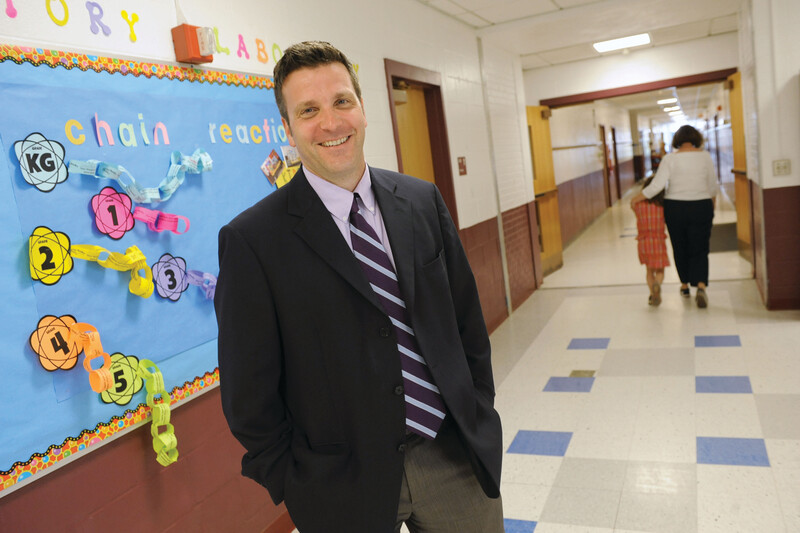Don't you hate it when you walk in the teachers' lounge and the conversation suddenly stops? How about when you heard about the after-work party to which you were not invited? When was the last time a teacher complimented you?
Running a school can be a lonely business. It's inevitable that some of your decisions will cause others to be unhappy. Most principals understand that's part of the job, but it can still be painful when people keep their distance. As a result, it's only natural that we principals respond to these dynamics by working extra hard to be nice. We want to be accepted; we want to be welcomed in the teachers' lounge; that's human nature. But that can be a problem.
In my last column, I asked if it's possible to listen too well. Of course, it's essential for a leader to be a good listener, but it is possible to listen so well that your effectiveness is impaired. Finding the balance is the key.
Now I ask whether it's possible for a principal to be too nice. Don't get me wrong. I'm no curmudgeon. Being nice to everyone is more than an important part of our job; it's an important part of being a good human being. Most administrators want to be liked, and we all recognize that life is easier when there are smiles and friendliness.
But sometimes we can go too far. Because we want to feel comfortable entering the teachers' lounge, we might become too, too nice. We try to balance out our unpopular decisions by being extra friendly or overly supportive. After all, some people have long memories. (And those same people often mark their scorecards in ink!) But being too nice to our colleagues can also backfire.
Being too nice is more of a problem than we want to admit. I see and hear about this problem much more than I do about principals being extra harsh or too demanding. Administrators tell me about times when they have been too solicitous, and teachers share that there are times when their administrators haven't been strong enough.
Being too nice usually leads us down one of three flawed paths.
- We are not clear about our expectations. Being fuzzy about what we want may garner a few smiles and looks of appreciation. After all, if the goal isn't clear, then it's also not clear who succeeds and who doesn't. This approach also seems to reduce hierarchy and authority, and many people would rather not have a boss. But good leaders are clear about the organization's goals while accepting different strategies to achieve these goals.
- We only give feedback on what's positive. We should highlight the positive, and honey is more desirable than vinegar. But everyone (definitely including me) has areas that need improvement, and we can all benefit from specific feedback about what to do differently. Good supervisors give feedback on what's working and on what's not.
- We do not hold firm to our beliefs. Compromise is always good—except when it isn't. There are times when the principal needs to follow his or her conscience even when most faculty members see things differently. These occasions should be transparent and involve rich dialogue. Acquiescing against our better judgment should be rare.
These tendencies to "be nice" are abdications of our responsibility to lead. Failing to make hard decisions and confront others—going along to get along—can feel easier for everyone. That's being too nice.
The good news is that we can (and should) be nice without vitiating our power or relinquishing our responsibilities. To return to the examples above, we can set out our expectations in a nice way—by listening, explaining, and giving latitude about how the plans are designed. We can make a point of giving both positive and negative feedback, ideally in a 5:1 positive-to-negative ratio. We can hold firm to our beliefs while we listen and incorporate others' ideas whenever possible.
Finally, we can be considerate, taking the time to know and understand others, and being clear about what we're doing and why we're doing it. Often, explaining our rationale will win over some doubters. They may not agree with our strategy, but they'll be likely to respect our candor and integrity.
Our niceness should stem from our caring for others, through which they know that we will work to help them succeed. We absolutely should help everyone grow. If teachers are growing, they will be effective and happy.



